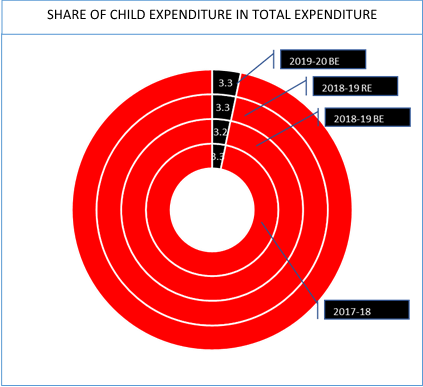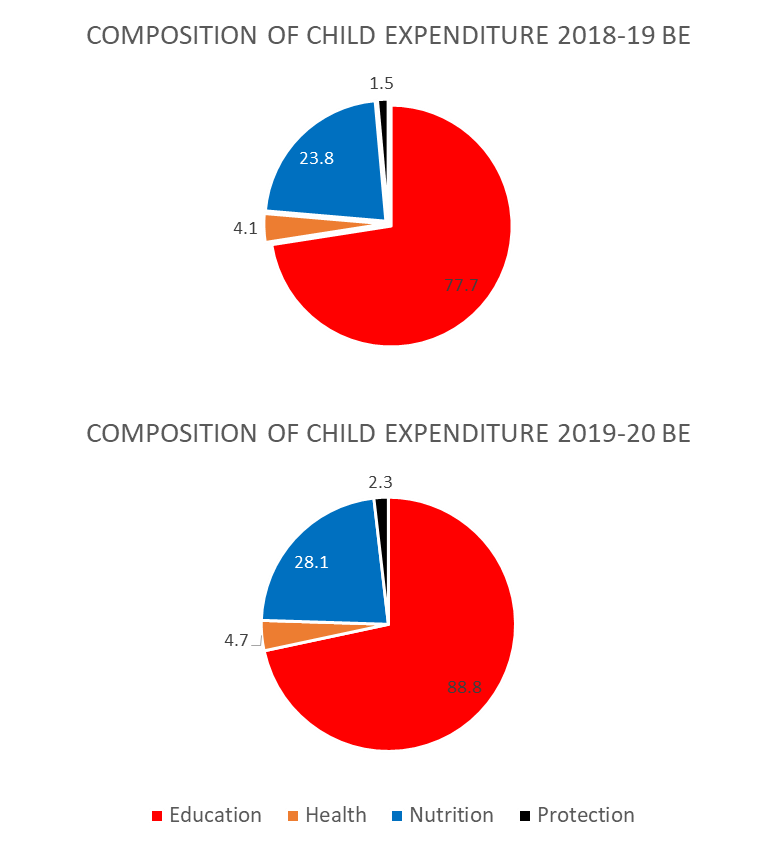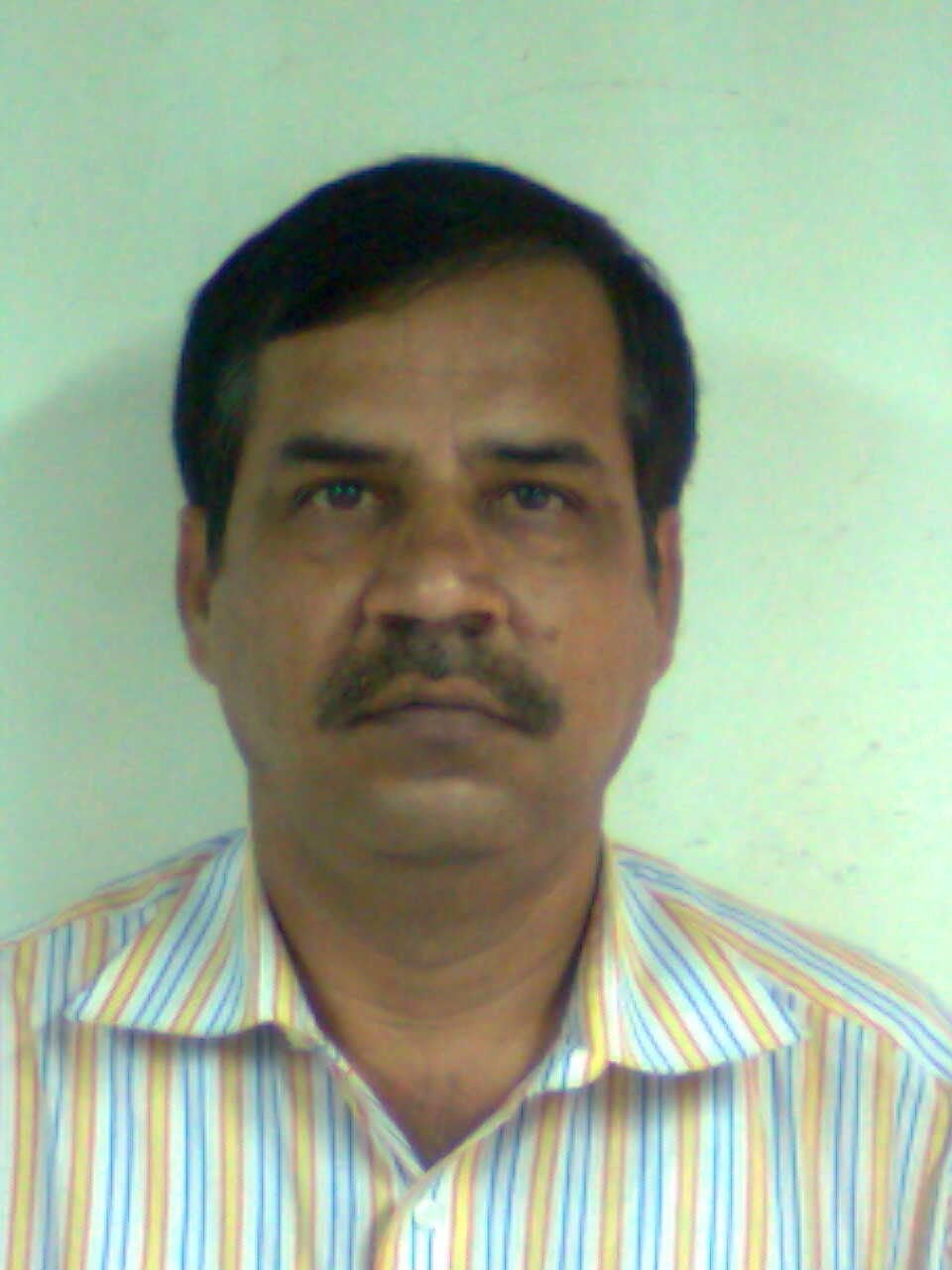Adequate Budgets for Children is key to sustainable development
Modi 2.0 Budget: Good initiatives; More needed for Every last Child
Amarnath Habbar Kalle, NIPFP, Alka Singh, Save the Children
With Inputs from Rohit Dutta, NIPFP and Shivani Bhaskar, Save the Children
2019 marks completion of 30 years of promises made to the children through UN Convention for Rights of the Child. To keep the promises we made to our children, there is need to prioritize children in our plans and budgets. Right investments, particularly in early years, has immense potential to change the lives of children also from the marginalized section and groups of society. And is important to tackle huge burden of under-nourished children India has as well as crisis in learning outcomes that the New National Education Policy draft 2019 emphasizes.
Children Survive and thrive
The first important take away from the Modi 2.0 budget is indication to move from Gender Sensitive Budgeting to Gender Sensitive Planning through an expert committee of Stakeholders from Government and Private think tank. This has been piloted in some states and formalizing the same will have good impact. Some of the key concerns that girls and women of India face are proportion of women in the age group of 20 – 24 years who got married before the age of 18 is 26.8% as per NFHS4 though it has declined from 47.4 % in NFHS3.

As per NFHS-4 data (2015-16), 38.4 per cent children are still stunted, which is an area of concern. IMR has also come down from 79 in 1992-93 (NFHS-1) to 41 in 2015-16 (NFHS-4). Increase in allocations under RCH flexible pool from 2850 Crore in 2018-19 BE to 2982 Crore in 2019-20BE, should help in increasing child survival and immunization.
Without deviating much from proposed interim budget, Major initiative like Jalshakti Mantralaya of integrating three Departments - Ministry of Water resources and Ganga Rejuvenation and River development will take us long way in providing basic drinking water and ground water recharging. Finance Minister in her speech today highlighted ensuring India’s water security and providing access to safe and adequate drinking water to all Indians is a priority of the Government. This should help in better usage of toilets and improving children’s attendance in school and positively impacting their health also.
Health Allocation even in absolute figures have changed whereas that in nutrition and protection has increased in last three years. Keeping in view, the size of problem (both nutrition and protection) as well as vision presented by the Government we hope to see these allocations increase several folds in full budget coming in 3 months.
Though no adequate allocation for children, the first budget 2019-20 presented by Modi 2.0 has shown marginal increases in provisions for children. The share of Child Budget in the total expenditure has shown a marginal increase from 3.2% in 2018-19 BE to 3.3% in 2019-20 BE. However, comparing the revised estimates of 2018-19 the increase is not substantial. With the increase in allocations for children in central budget, The share of education expenditure with in child budget has increased from 77.7% (2018-19BE) to 88.8% (2019-20 BE), The share of Education (Child) expenditure in Total expenditure has also increased from 2.37% (17/18) to 2.56%(18/19BE) and 2.93% (19/20BE). Similarly the shares of expenditure on Health, Nutrition and Protection have increased marginally as visible in the graphs.

Commendable efforts of Swachh Baharat Abhiyan in construction of toilets should lead to social revolution of making society open defecation free to improve the hygienic conditions of the children in both rural and urban areas, thereby reducing the incidence of Diarrhea and other viral infections. The progress has been noted in reducing malnutrition and incidents of childhood diarrhea, the rate of reduction, however, is not as desired. Proportion of under-5 deaths due to diarrhea has reduced from 13 per cent in 2000 to 9.5 per cent in 2016 (UNICEF 2018). Water Security initiative taken by the Government in the budget is also a right step in this direction.
Strengthening foundational areas of education
As per New National Education Policy draft 2019 The GER for Grades 6-8 was 90.7%, while for Grades 9-10 and 11-12 it was only 79.3% and 51.3%, respectively - indicating that a significant proportion of enrolled students begin to drop out after Grade 5 and especially after Grade 8. In absolute numbers, an estimated 6.2 crore children of school age (between 6 and 18 years) were out of school in 2015. Budget emphasizes on higher education but adequate attention is needed for compliance of Right to Education Act’s implementation in order to strengthen foundational years i.e, pre-school, elementary and secondary to enable more children benefit from upgraded higher education.
To address the issue of out of school children, there is need to adequate fund interventions like National Child Labour project as well as strengthened gender budgeting.
Ensuring care and protection
Child labour has only marginally come down from 5.4per cent (Census 1991) to 3.9per cent (Census 2011). Though allocation for Integrated child protection scheme has doubled from 725 Crore in 2018-19 BE to 1500 Crore in 2019-20BE, the increased gets narrowed down when compared to 925 Crore in 2018-19 RE. Other initiatives like affordable housing and other infrastructure will not only help rural masses including children but also urban deprived children to have a life of dignity.
Children not only form substantial part of the population (about 40 per cent population of India are below 18 years of age) but also as a long-term investment in human capital with future returns. In our journey to achieve SDGs, adequate focus on Children will ensure sustainability of our attainments. “The Sustainable Development Goals recognize that early childhood development can help drive the transformation we hope to achieve over the next 15 years.” In words of United Nations Secretary General Ban Ki-Moon emphasizes that investments in Early Childhood Development will not only bring down costs for mitigating related challenges later on.
The author is Associate Professor, National Institute of Public Finance and Policy, NIPFP, New Delhi. Click here for detailed profile.
The views expressed in the post are those of the author only. No responsibility for them should be attributed to NIPFP.

